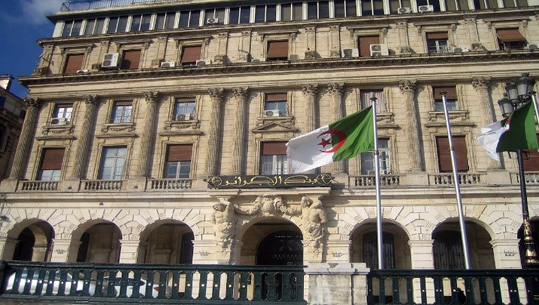The expectations of many financial institutions in the world are converging on the Algerian economy's contraction as the country enters a "constitutional" transitional period headed by the President of the National Assembly, Abdelkader Bensalah, as head of state until presidential elections are held on the coming July 4.
In this regard, the International Monetary Fund predicted that the Algerian economy will shrink this year, affected by the continuation of the economic crisis, in addition to the extension of the political crisis experienced by Algeria since 22 February.
The IMF revised its growth forecast for 2019, speaking of a rise of 2.3% compared to 2.7% in the October forecast, with growth expected to drop to 1.8% by 2020.
According to the IMF, the inflation in Algeria, which remained limited to 4.3% in 2018, will rise to 5.6% in 2019 and 6.7% in 2020.
The pessimistic outlook of the IMF meets with the report of the US Center for Economic Research “Capital Economics”, which noted that Algeria was in an extended state of instability following the resignation of President Abdelaziz Bouteflika. The center also predicted there would be at least double the country's economic growth, with Algeria likely to face a severe balance of payments crisis over the next two years.
Source: (Al-Arabi Al-Jadeed newspaper, Edited)

